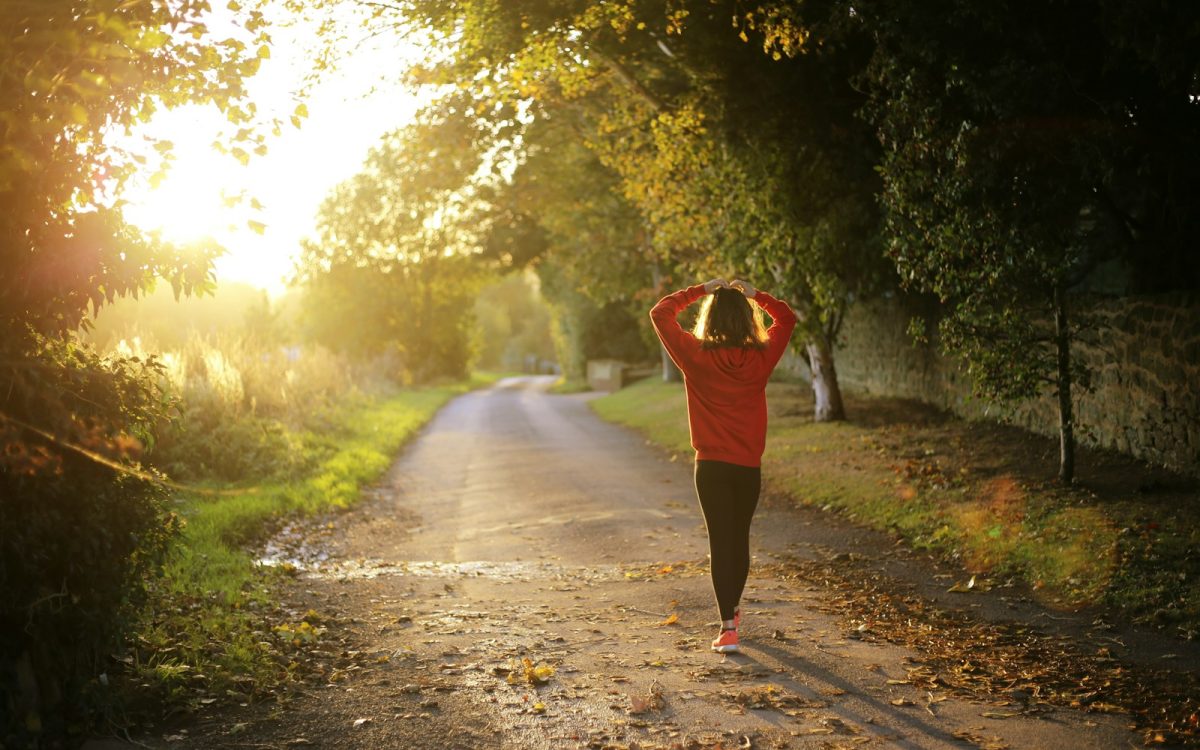Can Sleep Improve Your Libido? The Surprising Link Between Rest and Sexual Health
Meta Description: Discover how quality sleep affects libido, hormone levels, and overall sexual wellness. Learn actionable tips to improve both rest and intimacy.
We all know sleep is crucial for our health—but did you know it could also play a major role in your sex life? If you’ve found your desire lacking lately, you might want to turn your attention to your sleep habits. In this article, we’ll explore the compelling connection between sleep and libido, how your body’s hormones are impacted by rest, and what you can do to boost both your sleep quality and sexual drive.
Why Is Sleep Important for Libido?
The phrase “get your beauty sleep” may need an upgrade—perhaps to “get your libido sleep.” Numerous studies now point to a direct relationship between sleep and sexual health, showing that poor sleep can lower libido in both men and women.
Hormonal Balance
Testosterone plays a major role in sexual desire for all genders. Poor sleep patterns can dramatically lower testosterone levels. Research indicates that even one week of sleep deprivation can lead to a noticeable drop in testosterone production in men, which in turn diminishes libido and energy levels.
REM Sleep and Sexual Function
REM (Rapid Eye Movement) sleep is when your brain is most active during rest—and this is also when hormone regulation, including sex hormone release, is optimized. Reduced REM sleep means poor regulation of crucial hormones like estrogen, progesterone, and testosterone—all necessary for healthy sexual function.
Signs Your Sleep Is Affecting Your Libido
Here are some common signs that poor sleep may be causing a dip in your sexual desire:
- Low energy and fatigue during the day
- Increased emotional stress or mood swings
- Reduced interest in sex or intimacy
- Trouble maintaining erections (in men)
- Vaginal dryness or discomfort (in women)
All of these symptoms can be linked back to how rest impacts your body’s hormone cycle and mental well-being.
Scientific Evidence Linking Sleep and Libido
There’s growing scientific support outlining how sleep affects libido and sexual well-being. A key study conducted at the University of Michigan found that women who had just one extra hour of sleep were 14% more likely to engage in sexual activity the next day.
Other research from the Journal of the American Medical Association (JAMA) revealed that men who slept less than 5 hours a night had testosterone levels 10% to 15% lower than those who slept 7 to 9 hours. These findings solidify that sleep isn’t just a side concern—it’s a vital piece of the sexual health puzzle.
How Sleep Quality Affects Mental and Emotional Intimacy
Libido isn’t just physical—it’s deeply emotional and psychological. Insufficient sleep contributes to higher stress, irritability, and even symptoms of depression—all of which can weaken the emotional connection critical to a healthy sex life.
Improving your sleep quality can lead to:
- Better emotional regulation
- Increased intimacy and connection with your partner
- More energy and confidence in romantic situations
Tips to Improve Sleep and Boost Libido
Better sleep means better sex. Here are some practical steps to help you rest deeper and reignite your libido:
1. Create a Consistent Sleep Schedule
Stick to the same sleep and wake times every day—even on weekends. This reinforces your body’s internal clock and promotes better sleep quality.
2. Limit Blue Light Before Bed
Smartphones, tablets, and computers emit blue light that disrupts melatonin production. Turn off screens at least an hour before bed to improve sleep, indirectly boosting libido.
3. Optimize Your Sleep Environment
Ensure your bedroom is dark, quiet, and cool. A calm environment helps you fall asleep faster and stay asleep longer.
4. Manage Stress Levels
Stress is a major libido killer. Try activities like yoga, meditation, or journaling to unwind before bed and alleviate anxiety.
5. Exercise Regularly (But Not Too Late)
Physical activity improves both sleep and sexual function. However, avoid vigorous exercise too close to bedtime as it can make falling asleep harder.
6. Limit Alcohol and Caffeine Intake
Both substances interfere with sleep and can lower libido. Aim to avoid them—especially in the hours leading up to bedtime.
When to See a Doctor About Low Libido
If improving your sleep and lifestyle doesn’t help, consider speaking to a healthcare provider. Low libido can also be a symptom of underlying medical issues such as:
- Hormonal disorders
- Thyroid imbalances
- Chronic illnesses like diabetes or cardiovascular disease
- Depression or anxiety disorder
Your doctor may recommend blood tests, lifestyle changes, or therapy to get to the root of your low libido.
Final Thoughts: Sleep Your Way to Better Intimacy
Quality sleep is more connected to your libido than you might think. From hormonal harmony to emotional well-being, rest fuels desire and intimacy. So if your sex drive has been lower than usual, it might be time to put your sleep habits under the spotlight.
Remember, boosting your libido doesn’t always require medication—sometimes, it starts by simply getting a good night’s sleep.
Want better sex? Start with better sleep.
FAQ: Sleep and Libido
Can sleep deprivation cause erectile dysfunction?
Yes, lack of sleep can lower testosterone levels and impair nitric oxide production, both of which are crucial for healthy erectile function.
How much sleep is ideal for sexual health?
Most adults need 7–9 hours of quality sleep per night to maintain optimal hormonal balance and sexual function.
Does oversleeping reduce libido?
While undersleeping is more commonly linked to low libido, oversleeping (more than 10 hours regularly) can also affect energy levels and mood, indirectly impacting sexual desire.




